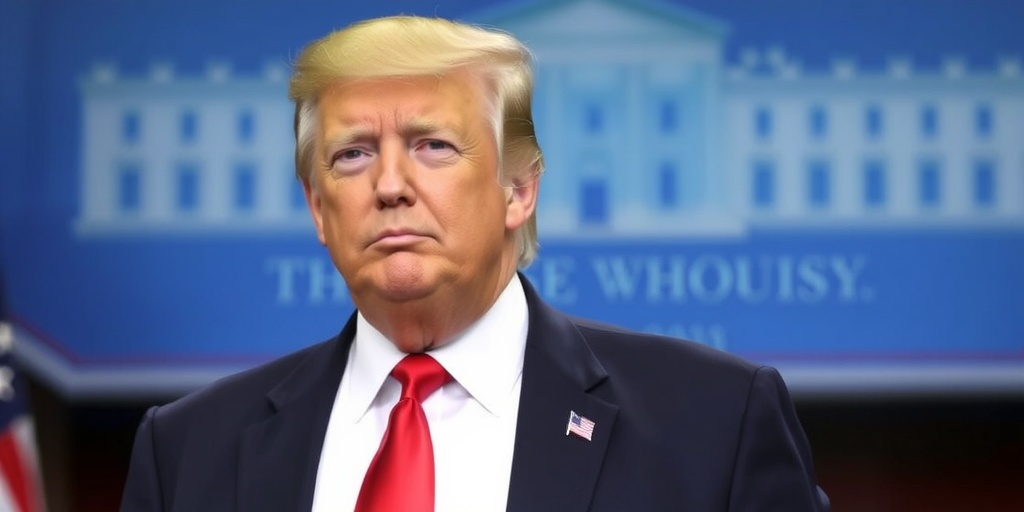Now Reading: Key Issues at Stake in Wisconsin
-
01
Key Issues at Stake in Wisconsin
Key Issues at Stake in Wisconsin

Elon Musk’s $20 Million Bet on Wisconsin’s Supreme Court Election and What It Means for America’s Political Future
Last night in Green Bay, Elon Musk took to the stage, capturing the attention of attendees with a bold declaration: the outcome of an upcoming Wisconsin Supreme Court election could significantly influence the political landscape of the United States. The billionaire technologist explained that this election is not just about a local judicial seat; rather, it is a pivotal vote determining which party will control the U.S. House of Representatives. According to Musk, the party that maintains control over the House has the power to "steer the course of Western civilization."
The implications of Musk’s involvement in this election, which includes a substantial $20 million financial investment and considerable personal time, are profound. Supporting the conservative candidate, Judge Brad Schimel, Musk sees his effort as a means to solidify Republican power beyond the borders of Wisconsin, potentially influencing state and national policies for years to come.
This perspective is not entirely unfounded. While Democrats may not articulate their strategies with the same level of drama, they are poised to challenge the congressional maps in Wisconsin if they manage to keep a liberal majority on the Supreme Court. Currently, these maps are drawn in a way that gives Republicans a significant advantage, with the potential for redistricting to become a major point of contention if the Democrats succeed in their bid for the Supreme Court.
Presently, Republicans hold a slim majority in the House, making any changes to the congressional map a potential game-changer in the upcoming midterm elections. The frequency of close elections in Wisconsin—especially in presidential contests, which were won by margins of less than one percent in recent years—heightens the stakes. Democrats argue that the existing congressional map does not reflect the true voting power of their constituents, as evidenced by Republicans holding six out of eight congressional seats in the state, despite the tight electoral margins for statewide offices.
As the election approaches, the groundwork for a potentially heated battle over redistricting is being laid. Should the Democrats emerge victorious, several prominent party figures, including Marina Jenkins, executive director of the National Democratic Redistricting Committee, anticipate a robust challenge to the maps that currently disadvantage them. Jenkins hinted that the election presents a unique opportunity to redraw district lines in a manner that could provide Democrats with two additional congressional seats by 2026—a prospect that Republicans have already condemned as an illegitimate power grab.
Musk’s intervention has undoubtedly shifted the conversation around this election. Through his financial contributions to Schimel’s campaign, he has not only increased conservative visibility but has also prompted Democrats to frame the election as a referendum on Musk’s influence and the broader implications of President Trump’s legacy. Political leaders, such as House Minority Leader Hakeem Jeffries, have echoed the urgency of revising the state’s congressional maps to create a level playing field, suggesting that the Supreme Court’s composition will greatly influence any future attempts at redistricting.
In the final days leading to the election, Republicans have drawn attention to the implications of keeping Judge Schimel in office, warning that a victory for Schimel is essential for upholding their interests and preventing Democrats from gaining control over the redistricting process.
Moreover, Musk has continued to employ unconventional and controversial campaign strategies, including a recent offer of $20 to individuals who posted selfies with signs of Judge Schimel on social media. This tactic, while drawing criticism, underscores Musk’s commitment to utilizing his platform and resources to sway voter opinions. His dispute with the legality of certain financial incentives—specifically his plan to distribute cash for voting—reflects the evolving nature of campaign financing and voter mobilization in the digital age.
As election-day tactics and the implications of Musk’s influence unfold, observers are left wondering about the lasting impact of this high-stakes race. Questions linger surrounding Musk’s efficacy in swaying political fortunes for conservatives, as well as whether the Democrats’ strategy of leveraging Musk’s controversial reputation can energize their voter base.
Ultimately, this election symbolizes more than just a judicial seat; it represents a battleground for the ideological control over the U.S. Congress and, by extension, the direction of American policy. The results will likely serve as a bellwether for the future of both Musk’s political ambitions and the broader landscape of national politics in the coming years.
Stay Informed With the Latest & Most Important News
Previous Post
Next Post
-
 01New technology breakthrough has everyone talking right now
01New technology breakthrough has everyone talking right now -
 02Unbelievable life hack everyone needs to try today
02Unbelievable life hack everyone needs to try today -
 03Fascinating discovery found buried deep beneath the ocean
03Fascinating discovery found buried deep beneath the ocean -
 04Man invents genius device that solves everyday problems
04Man invents genius device that solves everyday problems -
 05Shocking discovery that changes what we know forever
05Shocking discovery that changes what we know forever -
 06Internet goes wild over celebrity’s unexpected fashion choice
06Internet goes wild over celebrity’s unexpected fashion choice -
 07Rare animal sighting stuns scientists and wildlife lovers
07Rare animal sighting stuns scientists and wildlife lovers





















